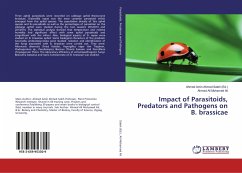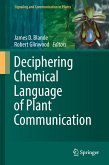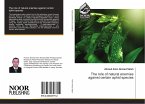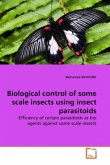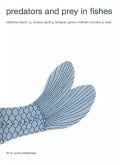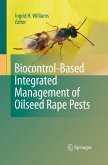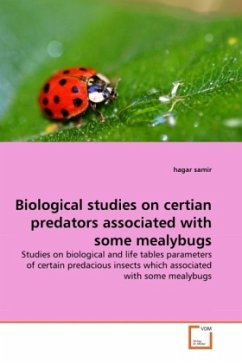Three aphid parasitoids were recorded on cabbage aphid Brevicoryne brassicae. Diaeretilla rapae was the most common parasitoid which emerged from this aphid species. The population density of this aphid species and its parasitoids as well as the percentages of parasitism on the cabbage aphid were studied during the two seasons 2012/013 and 2013/014. The statistical analysis showed that temperature and relative humidity had significant effect with some aphid parasitoids and insignificant with the others .Also, biological aspects of D. rapae were studied on B. brassicae aphid. Some biological characters of the predator Coccinella undecimpunctata were studied. Isolation and identification of the fungi associated with B. brassicae were carried out. They were: Alternaria alternata (Fries) Keissler, Aspergillus niger Van Tieghem, Cladosporium sp., Paecilomyces lilacinus (Thom) Samson and Penicillium chrysogenum Thom. The laboratory efficiency of entomopathogenic fungi: Beauveria bassiana and Isaria fumosorosea on B. brassicae was studied.
Bitte wählen Sie Ihr Anliegen aus.
Rechnungen
Retourenschein anfordern
Bestellstatus
Storno

